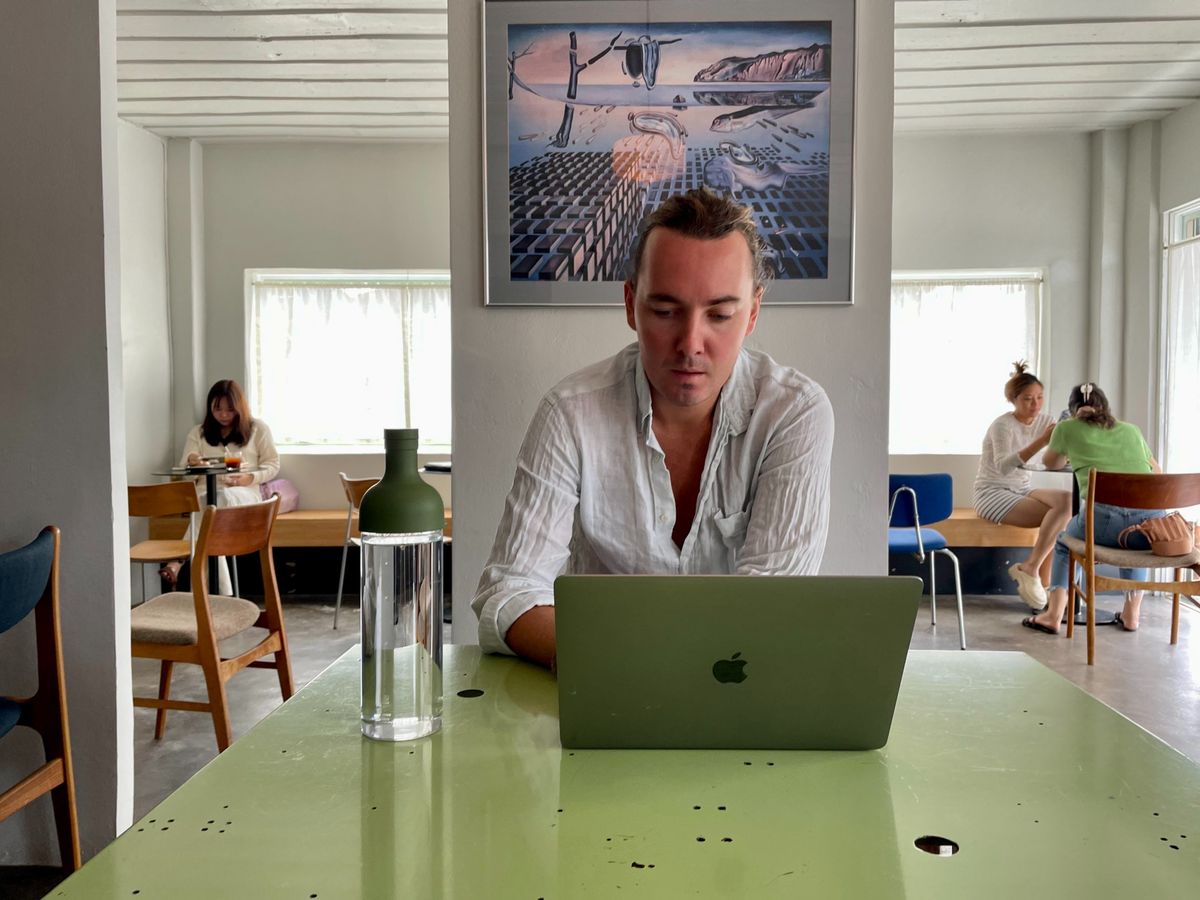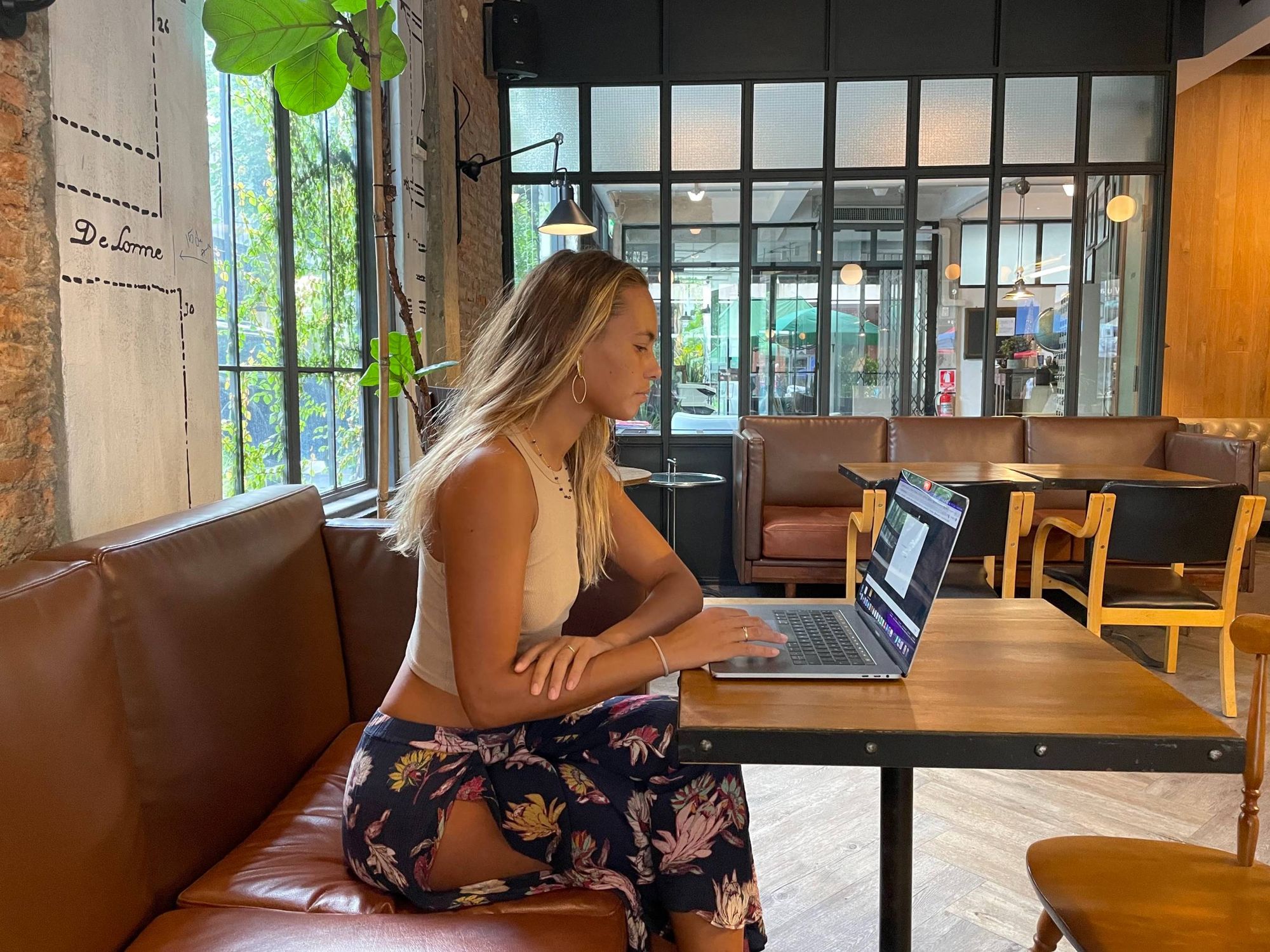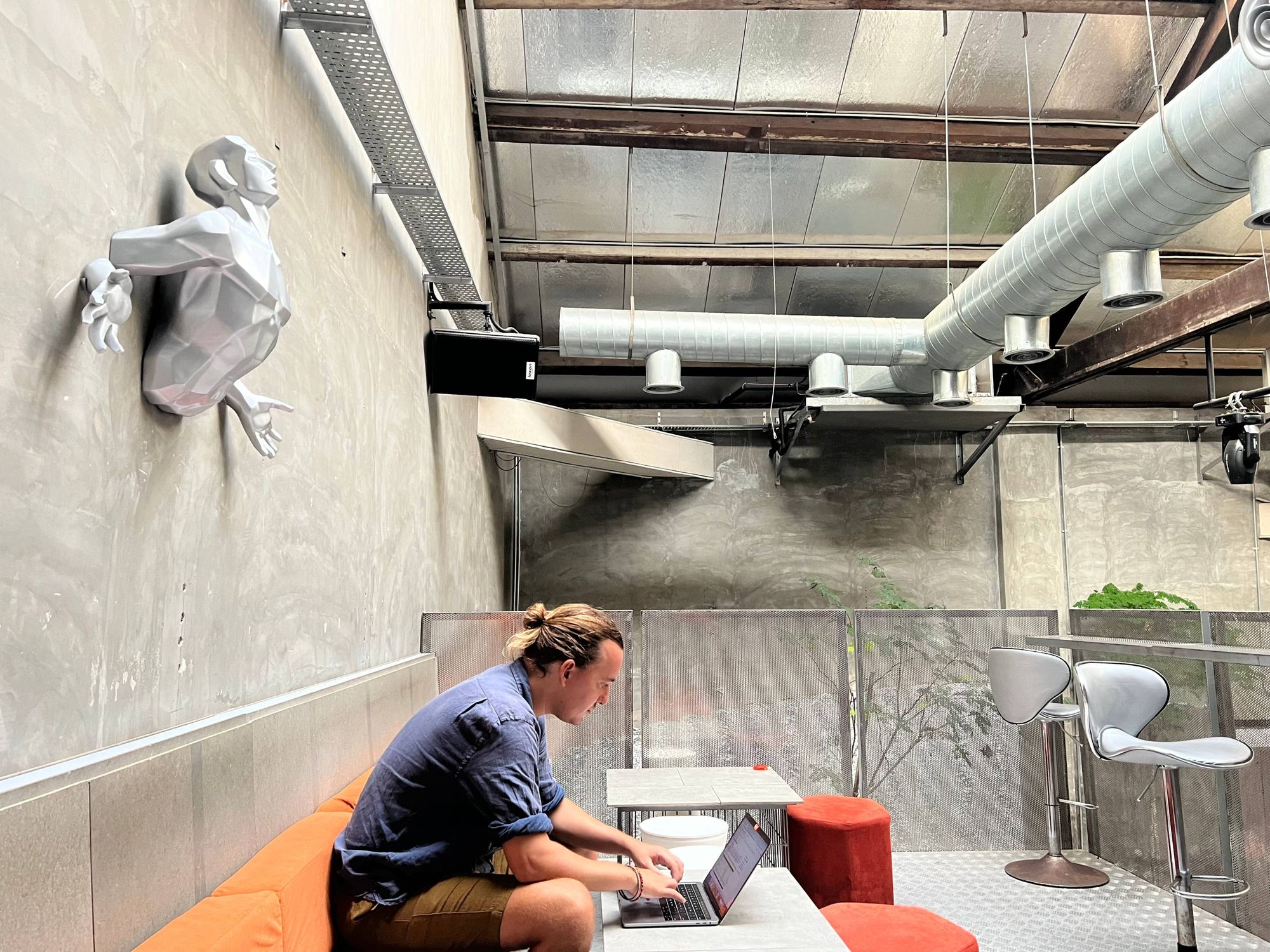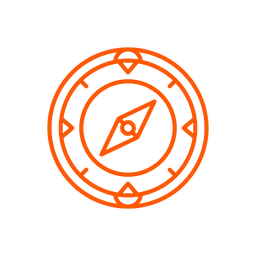How to Write a Cover Letter and Resume for a Remote Job

In my previous role as a Marketing Manager, I’ve reviewed hundreds of resumes and cover letters for remote roles. In this blog, I want to share how to write both in a way that stands out to the hiring manager so you can get your foot in the door and a step closer to your dream remote career.
When you’re writing a cover letter and resume for a remote job, your resume must be easy to read, and your cover letter should be engaging and concise. Let’s start by looking at building an optimized resume and then dive into crafting a cover letter that cuts through the noise.
You might find this interesting:

Resume structure
There are many ways to build a resume structure for a remote role. Still, I suggest a system that emphasizes past remote work experience and soft skills that highlight your ability to excel in the remote position you’re applying for.
Also, I strongly suggest a one-page resume and can’t emphasize enough that the resume must be nicely designed. I’ll walk you through each section of my suggested structure below.
- Contact Details
- Intro paragraph
- Relevant remote work experience
- Highlight relevant soft skills
- Academic history
- Hobbies and Interests

#1 Contact Details
As you’re applying for a remote role, it’s assumed you are a digital native and are accustomed to communicating through various online channels. Use the contact section at the top of your resume to showcase this by including the following:
- Mobile / WhatsApp Number
- Twitter handle
- LinkedIn URL
- Email Address
- Link to any relevant portfolios of work
This will give the hiring manager several options to contact you whilst also allowing you to share a little of your online brand – both will help your application stand out from the start
#2 Intro paragraph
The intro paragraph should be 2 or 3 sentences and 50-100 words at maximum. Here, you start to pitch why you’re the right candidate for the role. Most resumes will leave this static for each role they apply for.
However, I’d suggest tailoring this section to highlight key skills from the job description. For example, if the job description emphasizes that the ideal candidate is a “self-starter”, mention you are one in your intro paragraph. If they say they’re looking for someone entrepreneurial, point this out.

#3 Relevant remote work experience
In the next section, you can highlight relevant remote work experience. This may be the most critical section of your resume, so make sure to make it pop off the page.
This is where the recruiter will be scanning for key terms from your experience to see if they align with the type of candidate they’re looking for.
On a structural level, start with your most recent experience, clearly label your job title, company name and year you worked there, followed by 3-5 concise bullet points. In these bullet points, you need to highlight specific experiences from past remote roles that align with the job description.
#4 Highlight skills
It’s essential to be aware of some soft skills that recruiters will be looking for in an ideal candidate for a remote role. It’s important to highlight the ones that fit your personality in the section after your relevant experience.
As you don’t have much space on your one-page resume to go into detail, you can always visually communicate the ones you possess and elaborate on them in your cover letter. Below we’ve listed the most critical soft skills you should keep in mind.
🗣️ Effective communication
- The ability to communicate effectively is essential for remote workers and something you’ll be expected to excel at due to communication being limited to online channels.
⏱️ Time Management
- As you’ll be working with very little supervision, it’s important to highlight that you can manage your time effectively. This means prioritizing tasks, setting deadlines, and staying organized.
⚡️ Proactive
- Highlighting your proactiveness tells the hiring manager you’re able to identify problems and potential solutions and take action to improve the situation.
🧠 Problem-Solving
- The ability to solve problems is crucial for all workers, particularly remote workers, as you may have less guidance and support due to the remote nature of your role.
🧐 Attention To Detail
- The ability to pay attention to detail is essential for remote workers, including proofreading work, catching errors, and following instructions.
#5 Academic history
Depending on the type of remote role you’re applying for, your past academic history will be significant (for example, if applying for a software engineering role ) or not so relevant (for example, a data entry role).
However, regardless of what role you're applying for I would suggest including it as it tells the recruiter to what level you have studied, which may be a key criterion when assessing applications.
#6 Hobbies and Interests
Depending on the amount of space you have left, consider highlighting a select group of hobbies or interests that helps to communicate your personal interests.
A space-saving way of communicating with them is by selecting an icon for each of the chosen hobbies and listing the name of the hobby underneath it. This will give the recruiter a snapshot of your personal interests and help you to further standout.
Why do I even need a Cover letter?
Your resume may have given the hiring manager a good idea about your work experience and education. But it’s in your cover letter where you introduce yourself and explain why you’re the best person for the job.
A cover letter is essential if you genuinely want the remote role you’re applying for. I’d recommend creating a cover letter even if it’s “optional” on the job application.
The reason being is this can sometimes be your first test of commitment, which recruiters will use to filter out those applicants that won’t take the time to write one.

How to cut through the noise?
In my years of hiring, it’s straightforward to tell the difference between a cover letter made for mass production and one that’s taken the time to tailor to the job description and the company.
To truly cut through the noise and stand out from many other applications, you need to tailor the cover letter to the role and the company. I’m not saying you must write a cover letter for each job application.
However, it would help if you took the time to pull keywords from the job description and do a little background research on the company to align your experience and skill with the job opportunity.
Make sure you have a the right remote work setup:

Conclusion
As we’ve highlighted in this article, one of the most important aspects when building your resume and cover letter is to tailor it specifically for the remote position you’re applying for.
Also, make sure to be concise and selective with your choice of wording, with the aim of aligning your experience and skills with the job description.
If you follow the structure above, you’ll see more responses to your job applications and be on your way to landing your dream remote role.
As always, feel free to reach out to us on Instagram if you have any questions of thoughts - @remotevagabond
